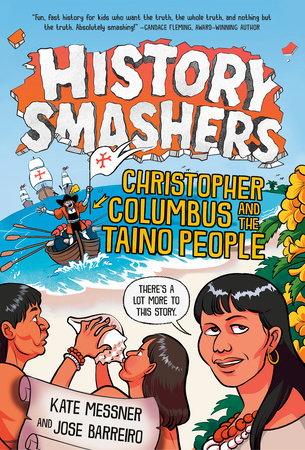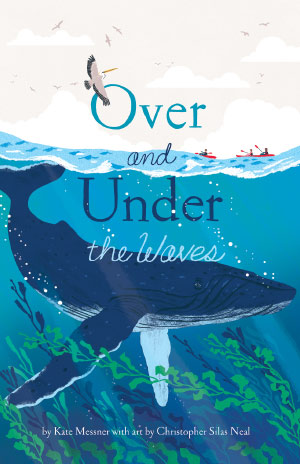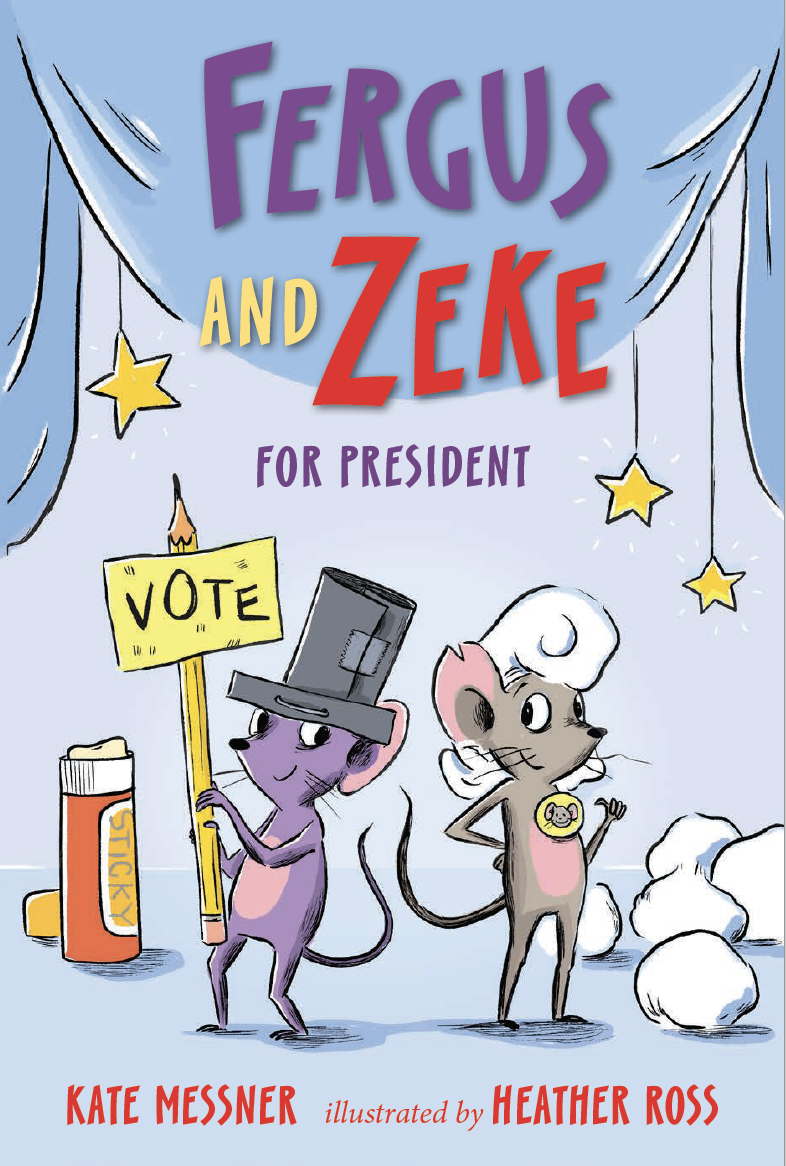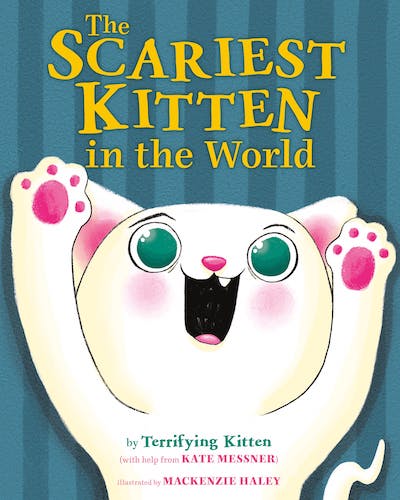At the request of some folks on Twitter, I’m posting the handout from last weekend’s NESCBWI panel discussion, "Everything You’ve Always Wanted to Know About Agents…But Were Afraid to Ask." I participated in the panel, along with my agent Jennifer Laughran of ABLA, author Jo Knowles and her agent Barry Goldblatt, and author/illustrator Carlyn Beccia and her agent Tracey Adams. We talked about many elements of the agent-author relationship Saturday afternoon and promised more on how to query an agent in the handout. Some of it will seem obvious, but believe it or not, agents see query letters that don’t follow guidelines all the time.
Tips for Querying Agents
1. Do your homework. Make sure you know what kind of work the agent generally represents. Spell the name correctly. Make sure your manuscript is ready to submit. Then follow the submission guidelines exactly.
Why is this important? Because you’re asking someone to represent you as a professional in a career where you will frequently need to follow directions and do things a certain way. Prove that you can do it up front. Don’t give an agent a reason to say no.
2. When you write your query letter:
b. Write a very brief first paragraph explaining why you are writing (to see if the agent is interested in representing your project) and why you chose that agent in particular. Did you read that the agent was looking for paranormal romance? Does he or she represent an author you love?
c. It’s fine to say you’ve met one of the agent’s clients or admire their books, but don’t make it sound like you were referred to an agent unless an author specifically referred you and offered to contact the agent to say so. Agents will check on this, and you’ll look unprofessional if you’ve stretched the truth.
d. In your next paragraph or two, give a brief summary of your book. This summary should read more like jacket copy than a book report. It’s meant give a quick overview to entice the agent to request your manuscript and does not need to include every little plot element. It does need to be clear, concise, and well written. If your book is funny, it helps if your query is funny, too.
e. In your last paragraph, give a brief closing. You might say to whom your book would appeal or how you think it fits into the market. Thank the agent and offer to send your manuscript along at his or her request.
Keep in mind, there’s a lot of advice out there on querying, and this is just one take on the process. There are no magic query potions. If you’re interested in learning more about what to do and especially what not to do, you’ll want to check out this post from Scholastic editor Cheryl Klein.





No magic query potions?
Rats.
So you suggest at the beginning of a query write why you decided to query this agent? I’ve done that with a few I’ve met but not with all.
Thanks for the tips.